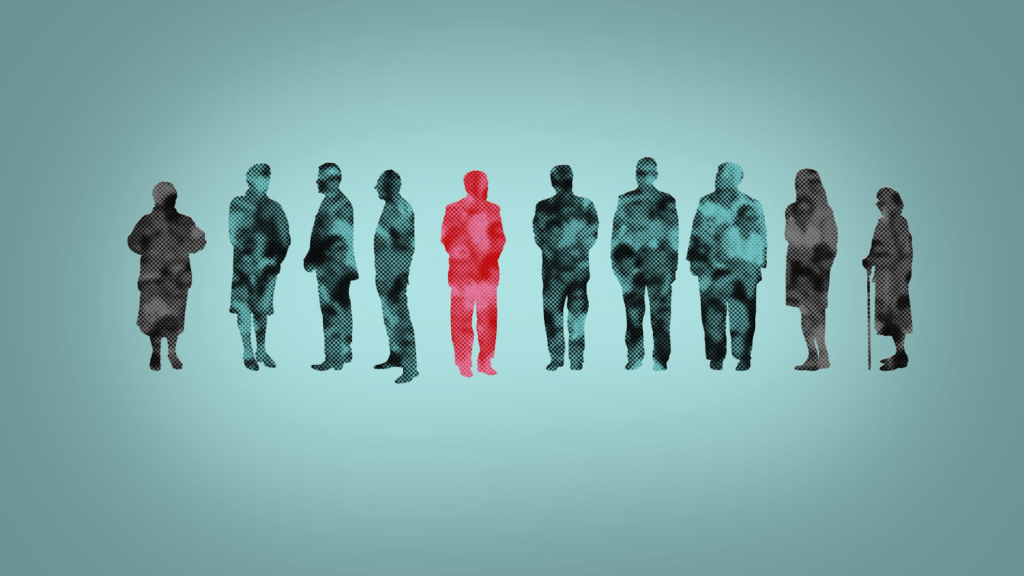
Every system in our body was designed to help us survive. For example, our sense of smell helps us determine whether or not something is spoiled. Our taste buds actually send a signal to our stomach to let it know which enzymes to release to properly break down our food. Even the nerve-endings in our fingertips adapt to constant exposure to high-heat or low temperatures. The list goes on and on. But, there is a much more important part of our “design” worth discussing. Our chemical makeup.



